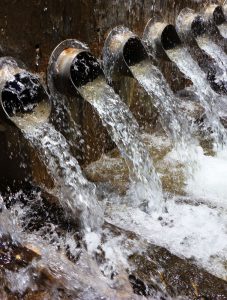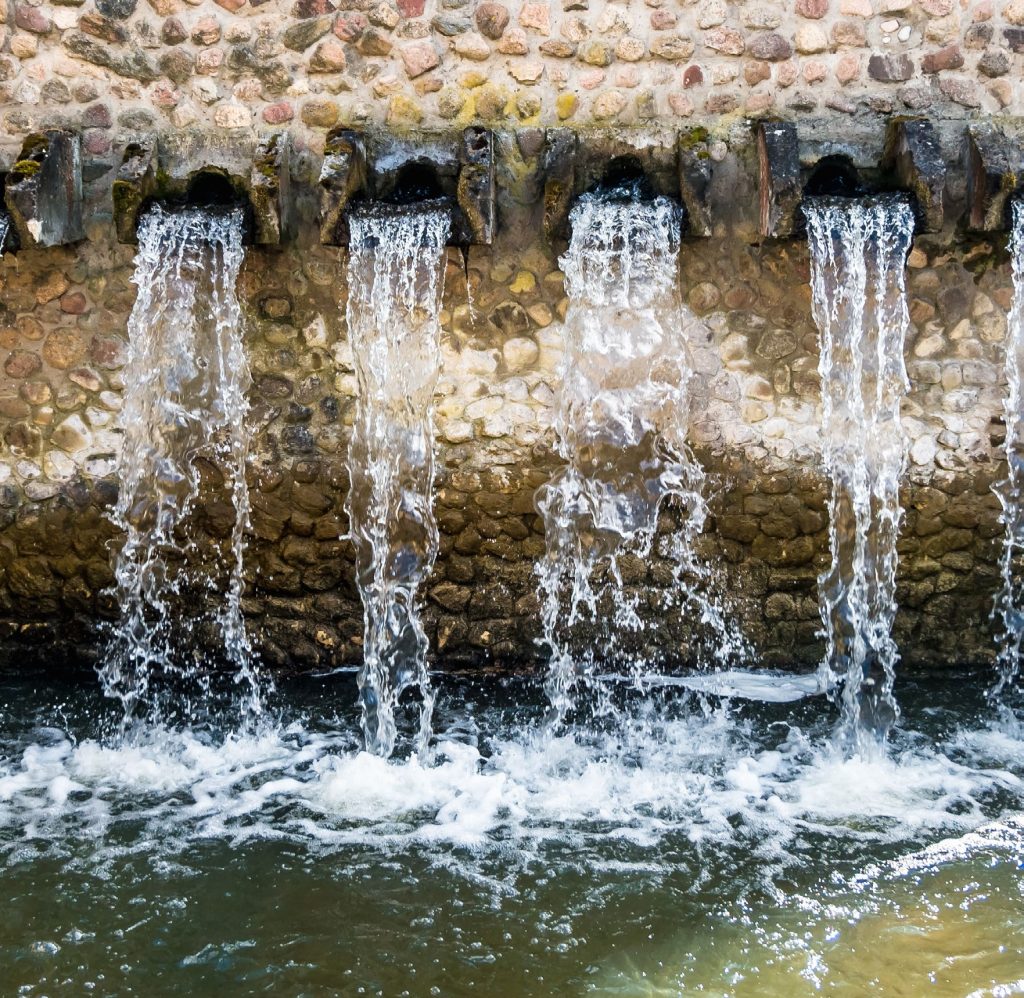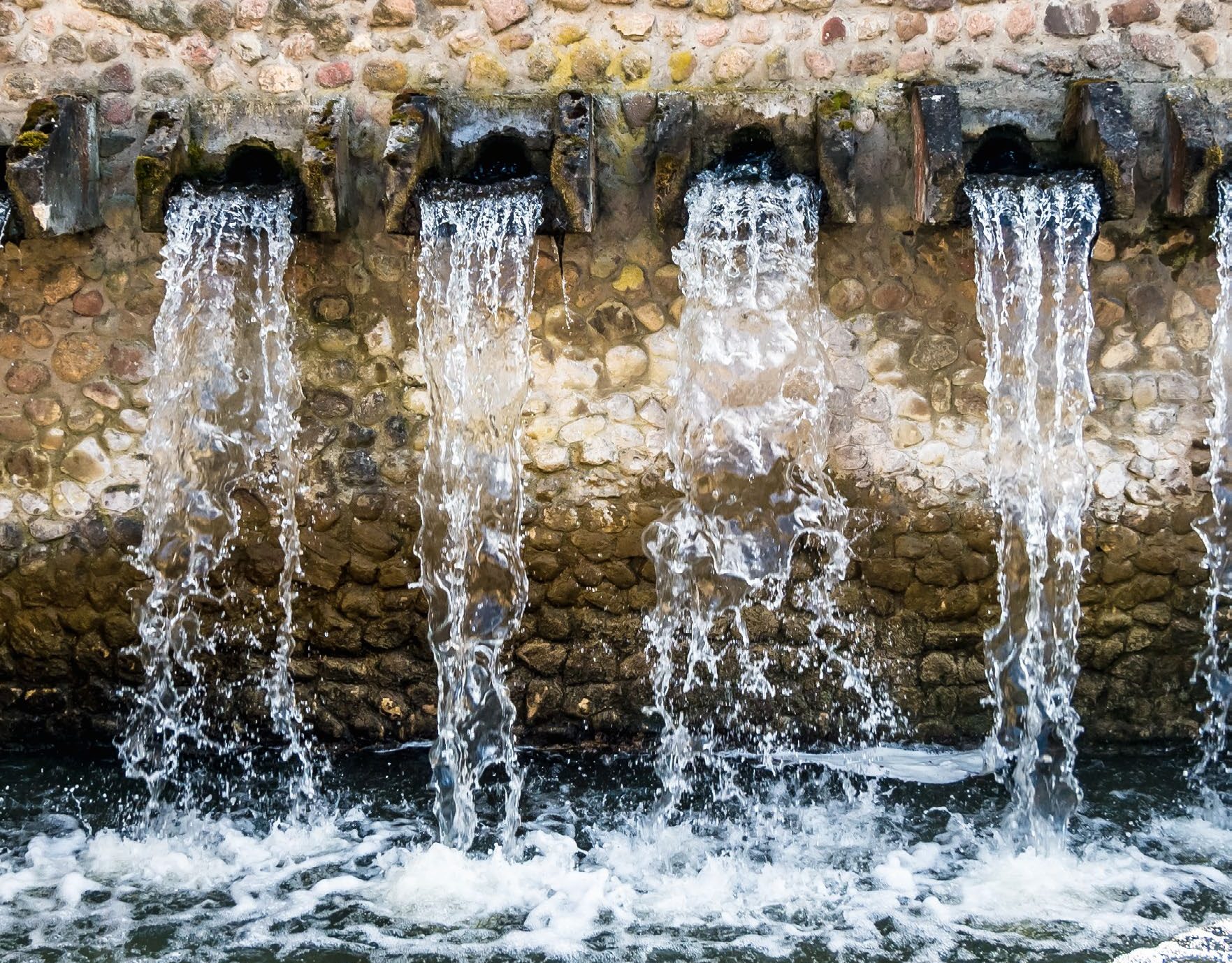Access to clean water and sanitation remains a critical challenge across Africa, with millions of people lacking reliable access to these essential services.
However, a growing number of organisations and initiatives are working to change this narrative by supporting the development of “bankable” water projects – investments that are financially viable, socially inclusive, and environmentally sustainable.
At the forefront of this effort is the African Water Facility (AWF), an initiative of the African Development Bank (AfDB).

The AWF plays a crucial role in providing grants and technical assistance to African countries, helping them to prepare water projects that are attractive to private sector investors.
By addressing the common barriers to securing financing, such as weak institutional capacity and inadequate feasibility studies, the AWF has paved the way for a surge in bankable water projects across the continent.
Complementing the AWF’s work is the Africa Water Investment Program (AIP), a partnership that brings together governments, private investors and development partners.
The AIP aims to narrow the water investment gap by fostering collaborative approaches to developing sustainable and bankable water projects that contribute to achieving Sustainable Development Goal 6 on water and sanitation.
Despite these encouraging initiatives, the path to creating bankable water projects in Africa is not without its challenges.
Access to financing remains a significant hurdle, with limited domestic capital available and difficulties in attracting private-sector investment due to perceived high risks and low returns.
Weak institutional and regulatory frameworks, technical and operational deficiencies, and data and information gaps further compound the challenges.
However, innovative solutions are emerging to address these obstacles.
In Senegal, the Dakar Sanitation Project, a $398 million initiative, was financed through a combination of public and private funding, including loans from the World Bank and the Islamic Development Bank.
The project improved sanitation access for over 2 million people in the Dakar region, demonstrating the power of blended finance approaches.
In Kenya, the Northern Water Works Development Agency has successfully raised private financing for several water projects, including the Isiolo-Modogashe Water Supply Project.
The agency’s utilisation of public private partnerships has been a key strategy in making these projects bankable and attractive to investors.
South Africa’s Sedibeng Water Board provides another inspiring example, having implemented several bankable water projects such as the Vaal Gamagara Water Supply Scheme.
This state-owned water utility has leveraged a combination of government funding and development bank loans to finance the upgrade and expansion of its regional water infrastructure.
Morocco has also made significant strides in developing bankable water projects, particularly in the realm of desalination.
The Sidi Ifni Seawater Desalination Plant, financed and operated through a public-private partnership, serves as a model for similar initiatives across Africa, providing clean water to over 500,000 people.
As these examples illustrate, the path to bankable water projects in Africa is complex, requiring a collaborative and holistic approach.
Individuals and organisations can contribute in various ways, from providing financial resources and technical expertise to advocating for supportive policies and fostering partnerships.
Financial contributions, through donations, impact investments, or venture capital, can directly support the development of bankable water projects.

Technical assistance, in the form of pro-bono consulting services or capacity-building initiatives, can also play a crucial role in strengthening the ability of local stakeholders to design and implement these projects.
Advocacy and awareness raising efforts are equally important, as they can help to drive increased public and private investment in Africa’s water sector while ensuring that supportive regulatory frameworks and incentives are in place.
With the combined efforts of governments, development partners, private investors and engaged citizens, the continent can unlock the transformative potential of water security, paving the way for sustainable and equitable development across the region.
Text by Farai Chaka

